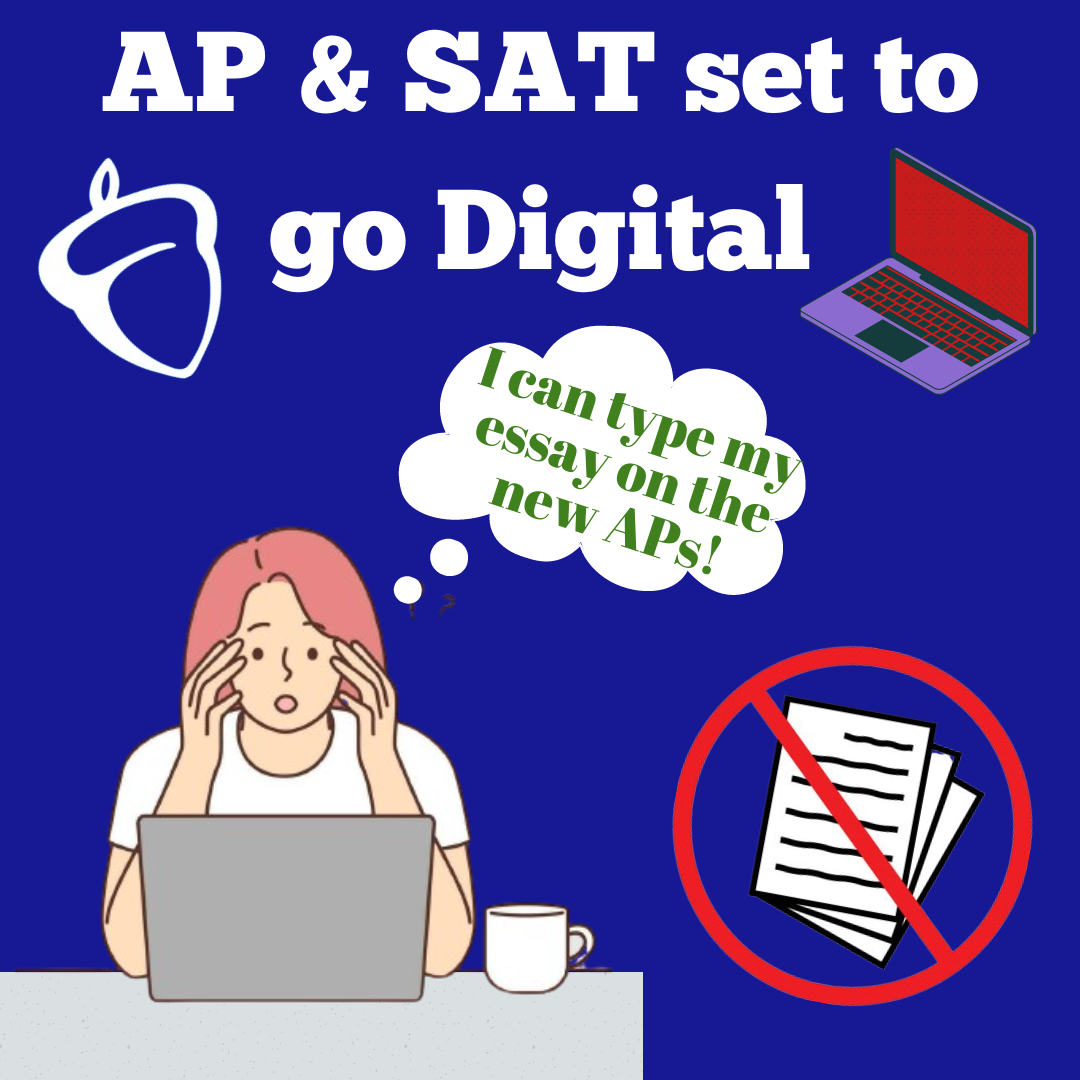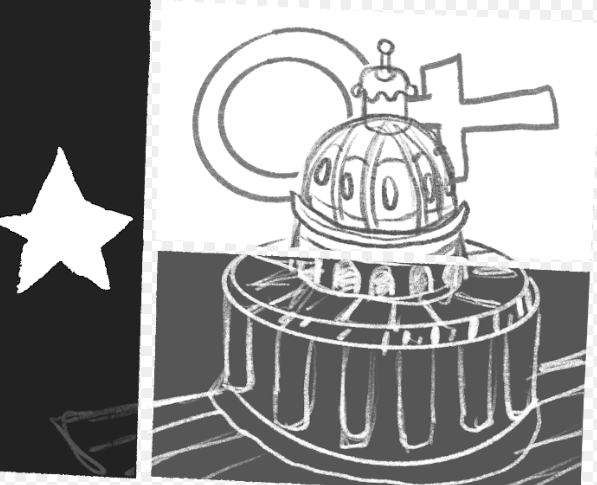As the use of Artificial Intelligence (AI) expands beyond professional and governmental use into spaces such as schools, the government has been urged to do something to regulate it. AI began as a concept theorized by Alan Turning, a young British polymath who explored the mathematical possibility of Artificial Intelligence in the first half of the 20th century. The use of this technology became crucial to the development of sites such as Google, as well as practically every other internet application. However, it was not until recently that AI became accessible to the average person, not just the government or respected online developers. Now, practically anyone of any age can use AI however they please, and the sad reality is that some have started using AI for malice.
In September of 2023, the UN made the first move in AI regulation, which restricts anyone ages 13 and under from using the technology. Regardless, that did not do much as the demographic allowed to use it continued to abuse AI by composing lewd images of celebrities, false advertisement, or blatant misinforming photographs. It seems as if world governments have yet to figure out what to do next to regulate this issue. However, it is glaringly obvious that attention should be directed toward a field AI has practically taken over: schools.
One of the most popular AI applications is ChatGPT, self-described as a trained model which interacts in a conversational way. The description on the official website reads, “The dialogue format makes it possible for ChatGPT to answer followup questions, admit its mistakes, challenge incorrect premises, and reject inappropriate requests,” such as sexual, dangerous, or disrespectful questions.
Despite built-in safeguards, its self-described ability to reject “inappropriate requests” does not deny answers relating to cheating the academic system. When ChatGPT first launched, students used it to simply answer small questions in substitute for a search engine like Google. Sophomore Grace Ayala is one student who has seen the usage of ChatGPT jump, and has her own personal insights into the matter.
“I think it’s great for brainstorming and to easily come up with ideas but if you don’t actually know the material, your work is going to suck,” Ayala said. “Teachers can tell! I just think it’s good for initially coming up with ideas but brainstorming with friends or even your teachers is just as beneficial.”
Months after continuous app development, students began using AI to do their work for them. The application makes it easy to simply type in a prompt and have the AI write an entire essay with minimal flaws which can be easily edited by the student and disguised as original work. This feature, enjoyed and used by a majority of students, is perceived as quite the opposite to educators and school administrators in general. CHS English teacher, Kristin Crowell, states, “I think that AI, Chat GPT, and things like it can be very useful for certain things, however I think there is a time and a place when you should use it and when you shouldn’t. I don’t think you should never use it but I also don’t think it should be doing all of your work.”
With the cancellation of effort from students, schools are scrambling to find a way to not only ban and detect ChatGPT use, but also other AI applications that could possibly be used in order to “cheat the system.” So far, the furthest society has gotten in this endeavor is creating websites that detect the use of ChatGPT in assignments. However, if edited and rearranged enough, a fully auto-generated essay can pass as completely authentic.
Despite the fact that a majority of schools have already made the switch to fully online lessons, no longer reaching for pens and paper as often, teachers are becoming forced to revert to the original ways regardless of the complications. Overall, it seems that until the government passes any bills enforcing an actual ban on the exploitative use of AI in education, schools may need to take action sooner rather than later.











